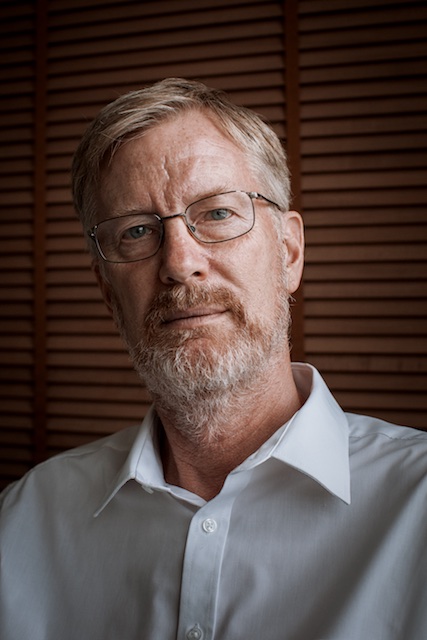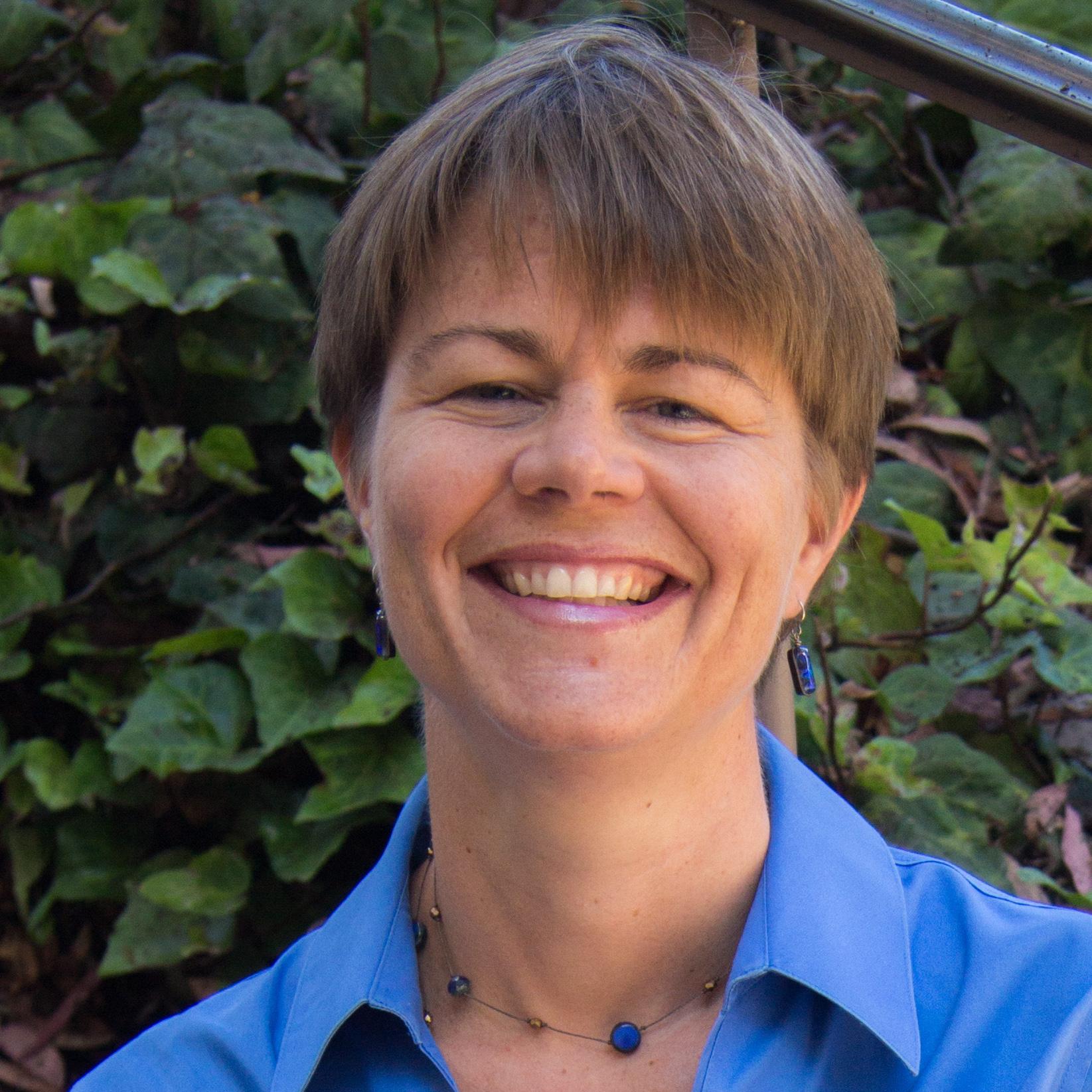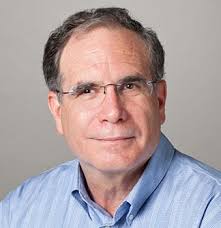TCD/UCD Public Lecture Series 2016-2017
The Department of Sociology at Trinity College Dublin (TCD), in collaboration with University College Dublin (UCD), has initiated a series of public lectures in which internationally acclaimed speakers will discuss contemporary sociological issues. The aim of this TCD-UCD Sociology Public Lecture Series is to promote informed and non-partisan debate and to offer new ideas on cutting-edge sociological issues including but not limited to responses to the current crisis. It provides a platform to deepen research and teaching synergies between TCD and UCD especially in light of HEA’s policy ‘Towards a Future Higher Education Landscape’. The series features two public lectures per term with one event hosted at TCD and the other at UCD.
Upcoming Speakers:
First Event
Title: Global Conflict, human security: is the international peace architecture fit for purpose
Speaker: Professor Dan Smith (Stockholm)
Date and time: 5th October 2016, 7pm
Venue: Synge Theatre, Arts Building.
Abstract
A 15-year period of increasing peace came to an end some 5 to 6 years ago. It was a traumatic period – the time of the global financial crash, the start of a wave of change in the Middle east and North Africa. The past 5 years have seen growing numbers of armed conflicts, rising death tolls, and seemingly increasing difficulties for international political leaders to bring conflicts to a peaceful end. Tensions between Russia and the US and its allies have escalated over the past three years. In Northeast Asia, tensions also rise between China and other states over competing territorial claims. Conflicts in the Middle East have inflicted an increased number of terrorist outrages on the people of the region and exported their violence to Europe. On the edge of the region, the coup attempt in Turkey has been followed a massive wave of arrests. But in 2015, international cooperation produced agreement on an ambitious global development agenda, the Paris Agreement on climate change, and the Iran nuclear deal. The international peace architecture has been wobbling but it has not crumbled yet and has some significant strengths and achievements. Evidence that peaceful progress is possible continued in 2016 with the Colombian peace agreement. And yet on the other side of the ledger again, Brexit and its resonance in some other EU countries – and not least the Trump phenomenon in the US – showed large numbers of citizens alienated or at least unpersuaded by international cooperation, at the very time when many would argue that more cooperation is exactly what is needed. What are the challenges? Is the international architecture for peace and security fit for purpose? What are the ways ahead?
Biography
Dan Smith is the Director of Stockholm International Peace Research Institute (SIPRI), and Professor of Peace and Conflict at the University of Manchester. He is a renowned scholar and analyst, with a long record of research and publication on a wide range of conflict and peace issues. His current work focuses on the relationship between climate change and insecurity, on peace and security issues in the Middle East and on global conflict trends. He served four years in the UN Peacebuilding Fund Advisory Group, two of which (2010–11) were as the Chair. He is the author of successive editions of atlases of politics, war and peace, and the Middle East, and of a blog on international politics.
Second Event
Title: The Political Death of Diversity? Debating and Evaluating Policies of Multiculturalism and Immigrant Integration
Speaker: Professor Irene Bloemraad (UC Berkeley)
Date and time: 15th February 2017, 7pm
Venue: Swift Theatre, Arts Building.
Abstract
Are we witnessing the political death of support for diversity? If so, what are the implications of jettisoning multicultural ideals and policy for immigrant integration? Across economically advanced democracies, multiculturalism and immigrant-generated diversity have come under assault by political decision-makers and commentators. Such concerns helped fuel the vote to pull the United Kingdom out of the European Union and Donald Trump’s victory in winning the keys to the White House. The politics of anti-diversity also feed the success of far-right parties across Europe, arguably to the point of becoming mainstream in the platforms of centre-right, and even left-labour, political parties. Among academics, the debate might be less fiery, but is still heated. Can immigrant-generated diversity lead to unity, or are we fated for fragmentation? This talk evaluates whether policies that recognize and accommodate ethno-racial and religious diversity help or hurt immigrant integration. It draws on data measuring socio-political incorporation in Europe and North America to show that—perhaps surprisingly—multicultural policies have actually spread and become more numerous over the last 30 years, and that having such policies as a foundation to immigrants’ political integration does not lead to the crumbling of a common citizenry, but rather helps to shore it up.
Biography
Irene Bloemraad is Professor of Sociology, a Senior Fellow with the Canadian Institute for Advanced Research and currently a visiting professor at Trinity College. Her research examines how immigrants become incorporated into the political and civic life of their adopted countries and the consequences of their presence on politics and understandings of citizenship. Her work has a strong interdisciplinary and international scope, with articles published in journals spanning sociology, political science, history, and ethnic/ migration studies. She is the author or co-editor of the Oxford Handbook of Citizenship (forthcoming, with A. Schachar, R. Bauböck and M. Vink), Rallying for Immigrant Rights (2011, with Kim Voss), Civic Hopes and Political Realities (2008, with S. Karthick Ramakrishnan), and Becoming a Citizen: Incorporating Immigrants and Refugees in the United States and Canada(2006). From 2014 to2015, she served as a member of the U.S. National Academy of Sciences committee reporting on the integration of immigrants into U.S. society. Believing that excellence in research and teaching go hand-in-hand, she is also the proud recipient of multiple teaching and mentorship awards.
Third Event
Title: The Faces of Discipline
Speaker: Professor Miguel Centeno (Princeton University)
Date and time: 22nd March 2017, 7pm
Venue: Synge Theatre, Arts Building.
Abstract
There is no question that discipline is a significant virtue in the Western canon and that it continues to serve as a significantly observed social phenomenon. And yet, despite the centrality of the concept to both social analysis and practice, our attitudes towards discipline are often mixed. The very features of discipline that may win approval, may also illicit horror or derision. Thus martial bearing is considered a good except in circumstances where that discipline is perceived as representing evil (goose marching associated with Nazi Germany) or simply silly (the chanting guards of the Wicked Witch of the West in the Wizard of Oz). For each and every celebration of South Korean labour discipline we may find a critique of North Korean automatons. Much comes down to our view of the end values of the societies and groups in question. Acceptance of pain or difficult circumstances by those of whom we approve is a sign of forbearance and strength. Among those of whom we disapprove, discipline is a rather a sign of barbaric fanaticism. The question stands: what do we mean by discipline when we divorce it from a moral judgment?
Biography
Miguel Centeno is Musgrave Professor of Sociology at Princeton University. His latest publications are War and Society (Polity 2016), Global Capitalism (Polity 2010), State and Nation Making in the Iberian World (Cambridge UP 2013) and States in the Developing World (Cambridge UP 2016). He the founder of the Research Community on Global Systemic Risk funded by PIIRS from 2013 (http://risk.princeton.edu and has published early results in the Annual Review of Sociology. He is also starting a new book project on the sociology of discipline and a second volume on states in Latin America and Spain. From 1997-2004 he also served as Master of Wilson College at Princeton. Beginning in 2012, he has served as Chair of the Sociology Department.

